


ELLIS PhD Alumni Profile: “I am very excited about the way in which ELLIS provides a network for scientific exchange in Europe.”
In this interview, Nikola shares what a typical day looks like for him, how his time in the ELLIS PhD Program and various European AI institutions has shaped his successful career, and why he believes Europe is an excellent place for machine learning researchers.
Hello Nikola, we greatly appreciate your participation in this interview. Let’s start by taking a closer look at your current research at INSAIT in Sofia, where you lead the machine learning group. What are your team’s main objectives, and what does a typical day look like for you as a research leader?
Thank you very much for the invitation to this interview! Our team focuses on various aspects of trustworthy machine learning. We’re especially interested in providing mathematical guarantees for ML models. Some topics that we’re working on include: robustness in ML, in particular in the context of collaborative/federated learning; game-theoretic and strategic aspects of ML, in particular incentives for data sharing and delegation of ML subtasks; and understanding the impact of ML on society, in particular by analyzing the fairness and long-term impact of ML models.
A typical day for me will involve a subset of many activities, in particular in-depth technical conversations with my students, paper and grant writing, reading up on new literature in our field, reviewing, interviewing for positions in our group and many others. Something especially nice about my position at INSAIT is the opportunity to focus solely on the academic research of my group.
Both your dissertation and your current work strongly focus on trustworthy machine learning, ensuring robust and fair AI systems. What fascinates you about this field?
My work aims to make ML models more trustworthy by developing learning algorithms that provably lead to beneficial outcomes. This is especially challenging (and, therefore, interesting) at the present times, as models are trained on massive amounts of unreliable data from all kinds of sources (e.g. obtained from the internet, via crowdsourcing, or from edge devices). Therefore, the usual theoretical grounding of ML in statistical arguments based on i.i.d. data falls short of guaranteeing good performance for modern AI systems. Our group works towards reducing this gap between current theoretical models in ML and the reality of practical AI systems.
You were among the first students to join the ELLIS PhD Program and have witnessed the initiative’s growth over the years. Reflecting on your experience, how would you describe your time as an ELLIS PhD student? How has it influenced your career path so far?
I was very fortunate to take part in the ELLIS PhD Program by joining it in 2021. At that time, I was already a senior PhD student with Prof. Christoph Lampert at IST Austria (ELLIS Unit in Vienna) and I took the chance to visit Prof. Nicolo Cesa-Bianchi at the ELLIS Unit in Milan. This was a great opportunity for me to visit another lab and to broaden my research perspectives. I had many exciting scientific discussions with the amazing scientists there, which has greatly enriched my knowledge in ML, in particular in the area of sequential decision making under uncertainty. I also learned a lot about research and life in Italy during that time.
Many aspects of the ELLIS PhD Program, such as major networking events like the annual Doctoral Symposium and the opportunity for students to receive mobility funding for research stays, have been made possible thanks to support from EU-funded projects like ELISE, ELSA, and ELIAS. How have these projects contributed to your professional growth?
I benefited from the mobility funding of ELISE during my ELLIS exchange in Italy. Overall, I believe that the ELLIS experience helped me to become much more aware of the vast amount of interesting research happening across Europe. It also came just at the right time after the COVID lockdowns, so I could once again enjoy the social and collaborative aspects of modern ML research.
You lead your own machine learning group at INSAIT now, but you also still maintain strong connections with ELLIS. After successfully completing your dissertation, you became a member of the ELLIS Society. From the perspective of a member, what do you believe ELLIS offers to researchers?
Firstly, I am very excited about the way in which ELLIS provides a network for scientific exchange in Europe. I believe that this is extremely important for European scientists, as it facilitates the flow of quality scientific ideas across the continent, which features a large amount of highly distributed talent and solid scientific traditions. Therefore, facilitating scientific visits and the exchange of ideas in Europe is crucial for keeping our ML research competitive on an international level.
Another aspect of ELLIS that I appreciate even more now from the perspective of an advisor is the PhD Program. Every year, a lot of extremely talented students apply and many of them get the opportunity to work with multiple advisors in Europe. I think this is great both for their career development and also for the labs they become part of.
One of the primary goals of ELLIS and the ELLIS PhD Program is to attract and retain top machine learning scientists in Europe. Originally from Bulgaria, you gained significant research experience in other European countries as well, including Austria, Switzerland, Germany, Italy, and the UK. You then chose to return to Bulgaria to advance research at INSAIT. What advice would you give to other AI scientists considering a career in Europe?
Personally, I am fascinated by the opportunity to conduct research in my home country and at an institution like INSAIT, which offers research conditions and an environment of the highest caliber. More generally, Europe is undoubtedly a place of extremely high standard of living and also a place that embraces so many exciting and progressive ideas across all aspects of life. Therefore, one piece of advice for AI researchers choosing a location to advance their career would be to also take personal considerations into account. In my opinion, Europe is a great place for AI researchers to be.
Thank you very much for this interview, Nikola!
More information
Take a look at Nikola’s website with further information about his research at https://nikolakon.github.io, view his CV here, and follow him on LinkedIn.
Nikola’s primary advisor was Christoph H. Lampert (IST Austria), his secondary advisor and exchange host was Nicolò Cesa-Bianchi (Università degli Studi di Milano). Before he joined INSAIT in Sofia, Nikola gained further experience as a postdoctoral fellow at the ETH AI Center.
Apply as an ELLIS PhD student!
Learn more about the ELLIS PhD Program and discover how to join it here. The application portal for this year’s central recruitment will open in October. Find all details in this call.
Watch the ELLIS PhD Program video and these short video testimonials recorded by some of our students across Europe to get an impression of what it’s like to be an ELLIS PhD student.
The ELLIS PhD Program has received funding from the European Union’s Horizon 2020 research and innovation programme under ELISE Grant Agreement No. 951847 (2020 – 2024), and is continued with funding from the Horizon Europe research and innovation programme under ELIAS grant agreement number 101120237 (2023 – 2027). The program is also expanded by the EU-funded project ELSA under grant agreement number 101070617 (2022 – 2025).
